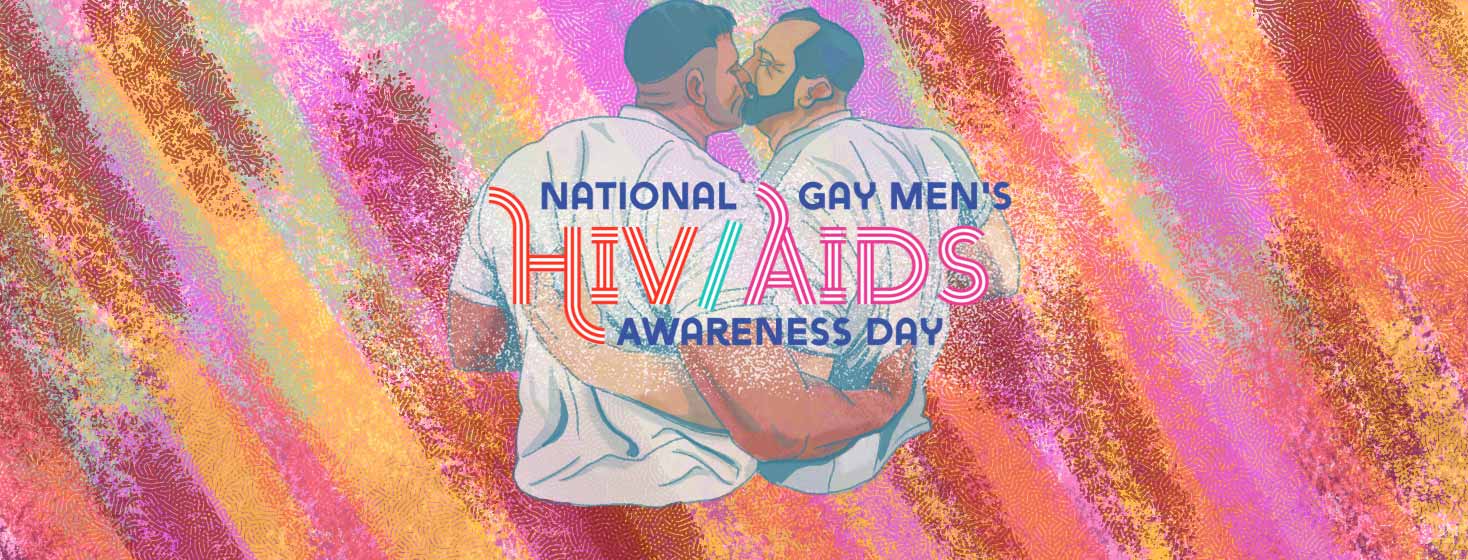National Gay Men's HIV/AIDS Awareness Day #NGMHAAD
National Gay Men’s HIV/AIDS Awareness Day (NGMHAAD) is observed each year on September 27 to raise awareness about the impact of HIV on gay and bisexual men in the United States.
A decrease in HIV diagnoses for MSM
In the United States, gay, bisexual, other men who have sex with men (MSM) are the population most affected by HIV.1
Although the number of HIV diagnoses varies by racial/ethnic groups, HIV diagnoses decreased by 9 percent in MSM overall from 2015 to 2019.1,2
Read about the personal, dynamic journeys from H-I-V.net community advocates who are gay and bisexual men living with HIV/AIDS.
Personal journeys of living with HIV
Proud
Kalvin Pugh
"It felt like I held my breath for years until I met an openly gay person at my first job. They didn’t know it, but hearing them say they were gay out loud felt like I could exhale for the first time in my life. It would be less than a year later that a woman who went to our church would walk into my mother's work and out me. I found myself suddenly free and an outsider at the same time."
The Stigma We Feel
Khafre Kujichagulia Abif
"Some youth may not get tested at their doctor’s visits because they may be gay or bisexual and haven’t come out to their parents. The thinking being once I ask for an HIV test, I am officially admitting that I am gay. The stigma surrounding sexual orientation is limiting the opportunity for HIV education."
Coming into My Own
Jahlove Serrano
"Growing up I felt like the black sheep of the herd. I always knew I was born gay. My mother and sisters used to always take me out shopping with them. Telling me to pick out their clothes, shoes, even hairstyles to go with their outfits. When you saw my sisters, you saw me. I rarely hanged out with my brothers because they thought I was way too feminine to be seen with them. I thought how I behaved was normal and still do!"
My Pride Remembrance & Reflection, Part 1
Steven Campa
"The LGBTQIA community has helped me over the years to really be comfortable with who I am, both inside and out. The reason I say this is because I started going to a social and support group shortly after coming out to my mother. My mother did not have any issue with me being gay. But, I still did not feel like I had support from the community that I am now a part of because I did not talk to many people."
Additional resources
What resources are available to support the healthcare needs of day and bisexual men? Check out a few of them listed below!
- Gay and Lesbian Medical Association Provider Directory
- Healthcare Equality Index
- HealthCare.gov: Health care coverage options for same sex couples
- U.S. Department of Health and Human Services: Health and well-being for lesbian, gay, bisexual and transgender Americans
- National Clearinghouse on Family and Youth: Lesbian, gay, bisexual, transgender, and questioning youth

Join the conversation